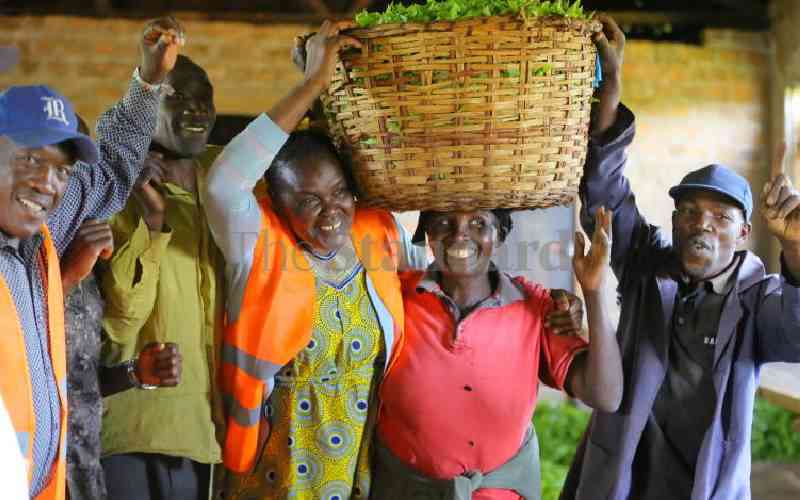
Audio By Vocalize

The Kenya Tea Development Agency (KTDA) has new directors after elections were held on Saturday. The directors of the 54 factories in 21 counties, who will serve for three years, face the daunting task of implementing reforms in the tea sector.
Expectations are high among tea farmers, who are looking to the new team to increase tea bonuses and carry out the reforms as envisioned by the government. The former directors had gone to court to challenge their election, hindering the implementation of the tea reforms.
